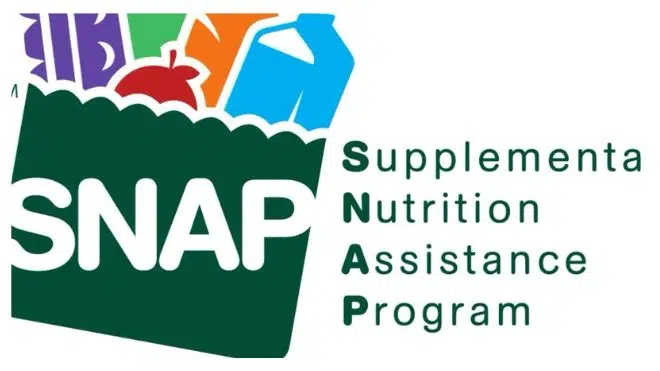Several states across the United States are facing the prospect of diminished SNAP benefits, potentially impacting millions of Americans. Legislators in these states are contemplating new bills that could alter eligibility criteria or limit access to the Supplemental Nutrition Assistance Program (SNAP).

This development is worrisome for many, given that more than 40 million individuals rely on SNAP each month, making it the nation’s largest anti-hunger initiative. While a significant portion of beneficiaries includes children, seniors, and individuals with disabilities, SNAP plays a vital role in assisting workers coping with erratic incomes or periods of unemployment.
For many households, SNAP benefits serve as a crucial temporary aid during job transitions or to supplement insufficient wages. The program not only supports those facing prolonged economic challenges but also provides assistance during short-term periods of income instability.
Funded by the federal government, SNAP benefits are distributed by individual states through electronic benefit transfer (EBT) cards, redeemable for food and beverages at authorized retailers. However, while some states have sought to expand SNAP access, others are moving to tighten eligibility requirements.
Four states—Kentucky, Maryland, Nebraska, and West Virginia—could see potential SNAP changes:
In Kentucky, House Bill 367, which lowers income thresholds and introduces asset testing for food stamp recipients, has passed the House of Representatives and awaits review by the state Senate.
Maryland Representative Andy Harris is proposing legislation to restrict SNAP purchases, particularly targeting unhealthy items, in an effort to address obesity rates and healthcare costs.
Nebraska Senator Ben Hansen has introduced a bill mandating participation in work and training programs for able-bodied SNAP recipients, aiming to alleviate worker shortages and improve economic conditions.
West Virginia senators are considering a proposal to require participation in employment and training programs for non-dependent adults, with the aim of gradually reducing SNAP dependency, according to Republican Senator Rollan Roberts.
These potential changes highlight the ongoing debate over SNAP’s role, with proponents emphasizing fiscal responsibility and health outcomes, while critics argue for protecting vulnerable populations and economic stability.
